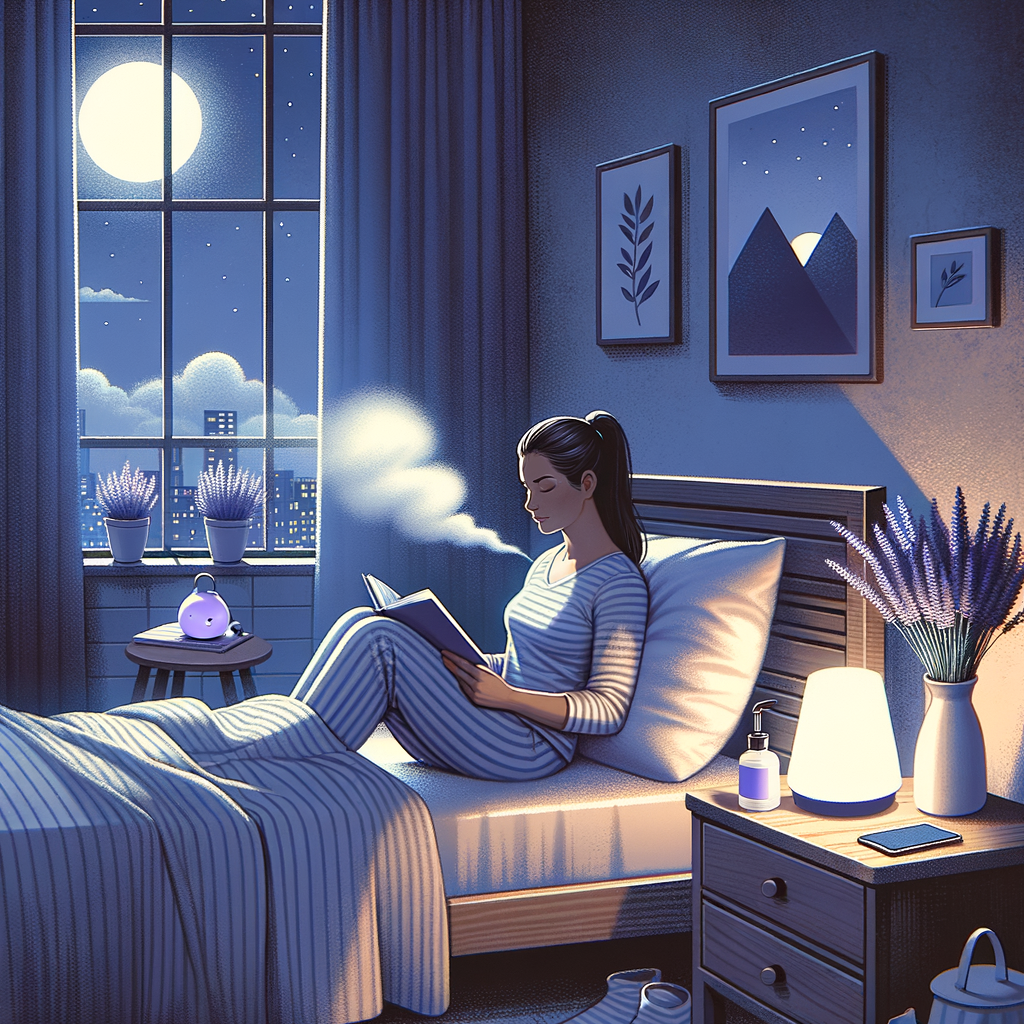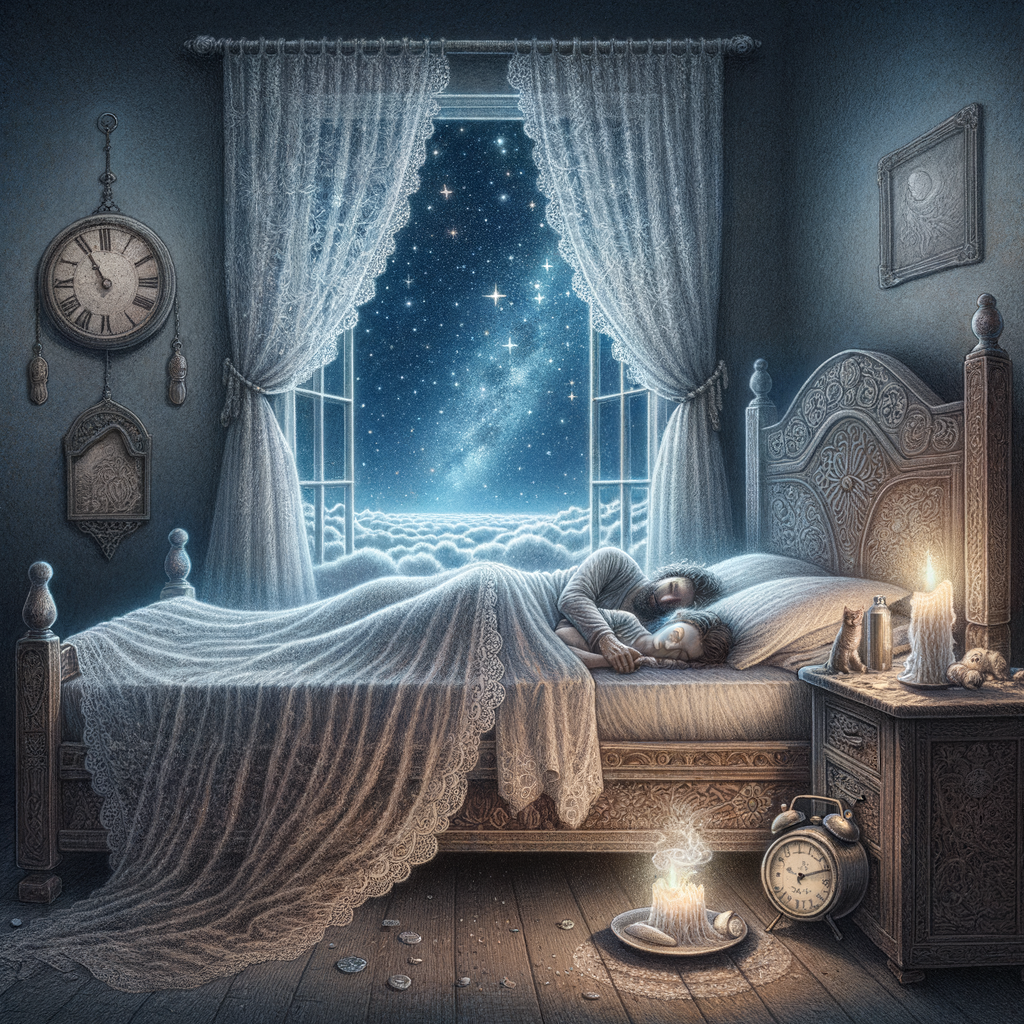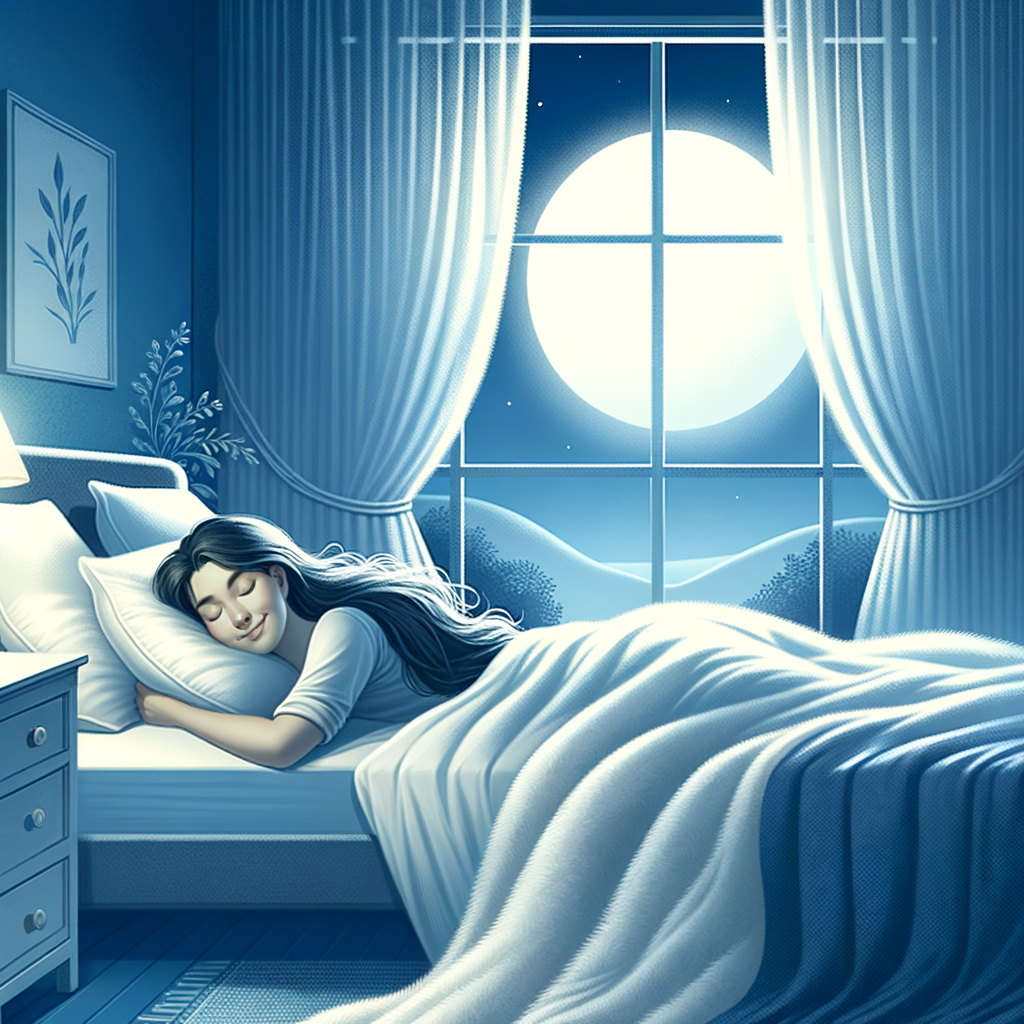- 11 July 2024
- 90
Craft Your Dream Sleep: Science-Based Strategies for Restful Nights

Introduction
Hi everyone, I’m Dr. Olivia Jones, a sleep specialist with over a decade of experience helping individuals achieve restful and restorative sleep. If you’re one of the millions of adults struggling with insomnia, poor sleep quality, or waking up feeling exhausted, you’re definitely not alone. But the good news is, there are effective solutions backed by science, and we can finally ditch the struggle for a good night’s sleep!
Why Sleep Matters: Understanding the Science Behind Rest
Sleep isn’t just a luxury – it’s a biological necessity. During sleep, our bodies go into a state of repair and rejuvenation. The brain consolidates memories, strengthens neural connections, and regulates emotions. Hormones are released to regulate vital bodily functions, and the immune system is boosted to fight off illness and infection.
Numerous studies have shown a clear link between poor sleep and a variety of health problems. Chronic sleep deprivation can increase the risk of heart disease, stroke, diabetes, and even certain types of cancer. It can also impair cognitive function, leading to problems with memory, focus, and decision-making.
Common Sleep Disruptors: Identifying the Culprits Behind Restless Nights
So, what’s keeping you up at night? Many factors can disrupt sleep, but some of the most common culprits include:
- Stress and Anxiety: The constant whirring of worries in our minds can make it difficult to quiet down and drift off to sleep.
- Inconsistent Sleep Schedule: Going to bed and waking up at irregular times throws off your body’s natural sleep-wake cycle (circadian rhythm), making it harder to fall asleep and stay asleep.
- Blue Light Exposure: The blue light emitted from electronic devices like smartphones, laptops, and TVs suppresses the production of melatonin, a hormone that signals sleepiness.
- Uncomfortable Sleep Environment: A hot, noisy, or brightly lit bedroom can make it difficult to relax and fall asleep.
- Caffeine and Alcohol: While both substances might initially make you feel drowsy, they can disrupt sleep quality later in the night.
- Medical Conditions: Certain medical conditions, such as sleep apnea, restless leg syndrome, and chronic pain, can significantly impact sleep.
Building a Sleep Sanctuary: Optimizing Your Bedroom for Rest
Your bedroom should be a haven for sleep, a place that promotes relaxation and tranquility. Here are some tips to optimize your sleep environment:
- Temperature: Aim for a cool bedroom temperature, ideally between 60-67 degrees Fahrenheit (15.5-19.4 degrees Celsius).
- Light: Darkness is essential for optimal sleep production. Invest in blackout curtains or an eye mask to block out any light sources.
- Noise: Minimize noise distractions by using earplugs, a white noise machine, or keeping your bedroom door closed.
- Comfort: Invest in a comfortable mattress and pillows that provide proper support for your body.
- Declutter and Minimize Stimulation: Avoid using your bedroom for work or watching TV. Keep the space clutter-free and dedicated to sleep and relaxation.

Power Down for Sleep: Creating a Relaxing Bedtime Routine
Just like we train our bodies for physical activity with a warm-up, we can also train our minds and bodies for sleep with a relaxing bedtime routine. This routine should signal to your body that it’s time to wind down and prepare for sleep. Here are some ideas:
- Take a warm bath or shower about an hour before bed. The gradual decrease in body temperature after a bath can be a natural sleep cue.
- Dim the lights in your bedroom an hour before bedtime. This helps suppress melatonin production and ease your body into sleep mode.
- Practice relaxation techniques: Deep breathing exercises, meditation, or progressive muscle relaxation can help calm your mind and reduce stress before bed.
- Read a book or listen to calming music. Avoid stimulating activities like watching TV or scrolling through social media.
- Develop a consistent sleep schedule:Go to bed and wake up at the same time each day, even on weekends. This helps regulate your body’s natural sleep-wake cycle.
Debunking Sleep Myths: Separating Fact from Fiction
There are many misconceptions about sleep floating around. Let’s clear up some of the most common ones
- Myth: You can “catch up” on missed sleep over the weekend.
- Reality: While a weekend sleep-in might make you feel temporarily better, it can disrupt your circadian rhythm and make it harder to fall asleep the following night. Aim for consistency in your sleep schedule, even on weekends.
- Myth: Eight hours of sleep is the perfect amount for everyone.
- Reality: Sleep needs vary depending on age and individual factors. Most adults require between seven and nine hours of sleep per night to function optimally. Pay attention to your body’s cues – if you consistently wake up feeling tired, you might need more sleep.
- Myth: A nightcap of alcohol helps you sleep better.
- Reality: While alcohol might make you drowsy initially, it disrupts sleep quality later in the night. You might experience more fragmented sleep with frequent awakenings and wake up feeling unrested.
- Myth: Snoring is just a harmless annoyance.
- Reality: Snoring can be a sign of sleep apnea, a serious condition where breathing repeatedly stops and starts during sleep. If you snore heavily, experience daytime sleepiness, or have witnessed yourself gasping for air during sleep, consult a doctor to rule out sleep apnea.
The Sleep Toolkit: Practical Tips for Better Sleep Hygiene
Here are some additional practical tips to incorporate into your daily routine for improved sleep hygiene:
- Get regular exercise: Physical activity can improve sleep quality, but avoid strenuous workouts close to bedtime as they can be stimulating.
- Manage stress: Chronic stress can wreak havoc on your sleep. Practice relaxation techniques like yoga or meditation to manage stress effectively.
- Optimize your diet: Avoid heavy meals and sugary drinks before bed, as they can disrupt sleep. Opt for a light, healthy dinner a few hours before bedtime.
- See sunlight during the day: Exposure to natural light helps regulate your circadian rhythm. Aim to spend some time outdoors each day.
- Limit daytime naps: Long naps during the day can make it harder to fall asleep at night. If you do nap, keep it short (ideally 20-30 minutes) and avoid napping late in the afternoon.
Beyond the Bedroom: Lifestyle Habits for Improved Sleep
While creating a sleep-conducive environment and bedtime routine is crucial, good sleep hygiene extends beyond the bedroom. Here are some lifestyle habits that can significantly impact your sleep quality:
- Maintain a healthy weight: Obesity is linked to an increased risk of sleep apnea and other sleep disturbances.
- Limit caffeine and alcohol intake: Excessive caffeine intake, especially later in the day, can interfere with sleep. Avoid alcohol, particularly close to bedtime.
- Don’t smoke: Smoking can disrupt sleep and worsen sleep apnea symptoms.
- See a doctor if needed: If you’ve tried these strategies and continue to experience sleep problems, consult a doctor. They can rule out any underlying medical conditions and recommend further treatment options.

Seeking Professional Help: When to Consult a Sleep Specialist
If you’ve implemented these tips and still struggle with sleep, it might be time to seek professional help. A sleep specialist can diagnose sleep disorders and develop a personalized treatment plan. Consider consulting a sleep specialist if you experience any of the following:
- Difficulty falling asleep or staying asleep most nights
- Excessive daytime sleepiness
- Waking up unrefreshed even after a full night’s sleep
- Loud snoring or gasping for air during sleep
- Restless leg syndrome or other sleep-related movement disorders
Conclusion
Remember, good sleep is a cornerstone of overall health and well-being. By incorporating these science-backed strategies into your daily routine, you can create a sleep-supportive environment, establish healthy sleep habits, and finally achieve the restful sleep you deserve. If sleep difficulties persist, don’t hesitate to consult a sleep specialist for a personalized approach to reclaiming your nights and waking up feeling energized and ready to take on the day.
Taking Charge of Your Sleep: A Final Note
Prioritizing sleep is an investment in your overall health and well-being. By making small changes to your daily routine and sleep environment, you can dramatically improve your sleep quality and wake up feeling refreshed and ready to seize the day. Remember, consistency is key – the more you prioritize good sleep hygiene, the easier it will become to drift off to sleep and wake up feeling energized. So, take charge of your sleep, and sweet dreams!

